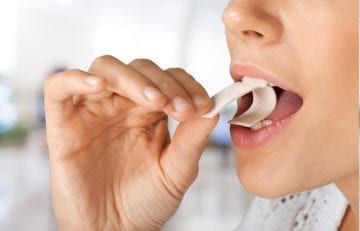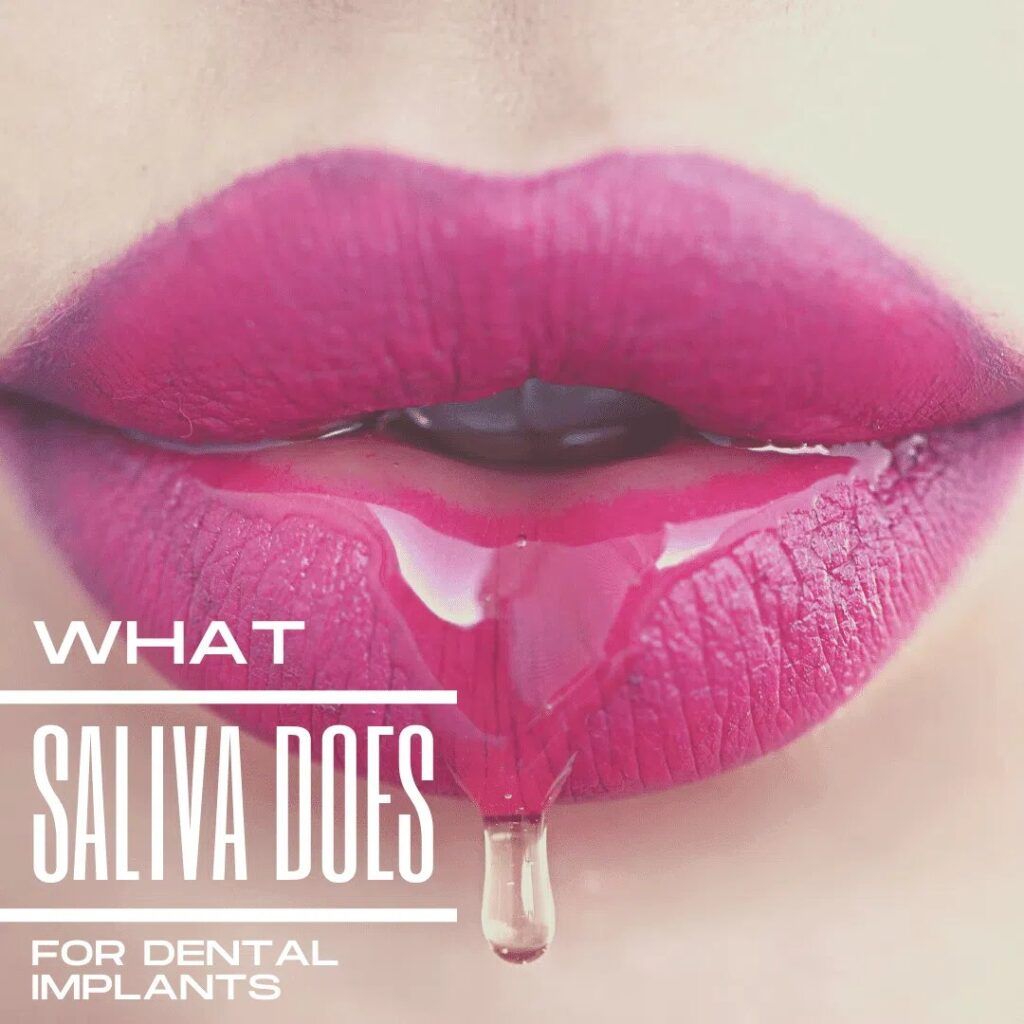Saliva is an essential part of your mouth’s ecosystem and plays an important role in maintaining your oral health. Yet, not many people think that much about what saliva is or what it does. Saliva is a clear, lubricating liquid that is composed of water, bacteria, viruses, enzymes, blood cells, mucus, and undigested food particles. It is produced by three main salivary glands located under the tongue, inside the cheeks, and near the front teeth.
Now that we know more about what saliva is, let’s take a look at what it does for your oral health:
Protects the Teeth
While this benefit may not be helpful if you have had all your natural teeth removed and replaced with dental implants, it is helpful for those who still have some remaining natural teeth. Saliva protects your natural teeth by acting as a protective coating over them. Not only that, but saliva contains bicarbonate, which is used to neutralize harmful acids that can damage your enamel, as well as calcium, phosphorus, and magnesium, which are used by the body to strengthen tooth enamel. In these ways, saliva helps to decrease your risk of tooth decay in natural teeth.
Prevents Gum Disease
Gum disease can have a negative impact on your dental implants, so preventing it is of the utmost importance. Luckily, saliva naturally protects your gums by decreasing the amount of food particles and bacteria in your mouth. For starters, saliva helps to move food particles from the mouth down into the esophagus, which means that less particles will remain in the mouth for bacteria to feast on. Saliva also acts as antimicrobial, killing bacterial cells in order to control bacterial populations. By decreasing the amount of food particles and bacteria, saliva helps to decrease the amount of plaque along the gum line, which reduces the risk of gum disease.
Prevents Bad Breath
Bad breath, more formally known as halitosis, is generally an indication that there are large amounts of bacteria in the mouth. It is usually accompanied by plaque buildup on the surface of the teeth and along the gum line. However, since saliva kills bacteria, removes food particles from the mouth, and decreases plaque accumulation, it can help prevent bad breath by eliminating the things that cause bad breath.
Assists with Eating
If you have just got dental implants, chances are that you are excited to finally eat just about anything. While your teeth definitely play an important role in the types of foods you are able to eat, saliva also plays an important role when it comes to eating. Not only does saliva moisten your food so that it is soft enough to chew, but it also allows you to taste your food. This is because saliva breaks down food into chemicals that are able to be processed by the taste receptors on your tongue. The first step of starch digestion also occurs in the mouth thanks to the enzyme amylase that is part of saliva.

Normally, the human mouth will produce about 2-4 pints of saliva each day, with most of this saliva being produced in the afternoon. However, some individuals produce less saliva than normal. When this happens, it is known as a condition called xerostomia, or dry mouth. It can be caused by a number of things, but two common causes are certain medical conditions and medications. Since these individuals produce less saliva per day, their saliva is not as effective against preventing tooth decay, gum disease, and bad breath. A lack of saliva can also make eating certain foods difficult and can even diminish the taste of food.
Therefore, people with dry mouth are encouraged to do whatever they can to stimulate their salivary glands and produce more saliva. While this can be easier said than done, there are a variety of ways to increase saliva production, including:
- Sucking on sugarless candies
- Chewing on sugarfree gum
- Drinking water frequently
- Switching to a different medication that doesn’t cause dry mouth (if possible)
- Limiting caffeine intake, since caffeine dries the mouth
- Trying over the counter saliva substitutes
- Avoiding mouthwashes with alcohol that can dry the mouth
- Using a humidifier
- Minimizing the use of anticongestants, since these can also cause dry mouth

